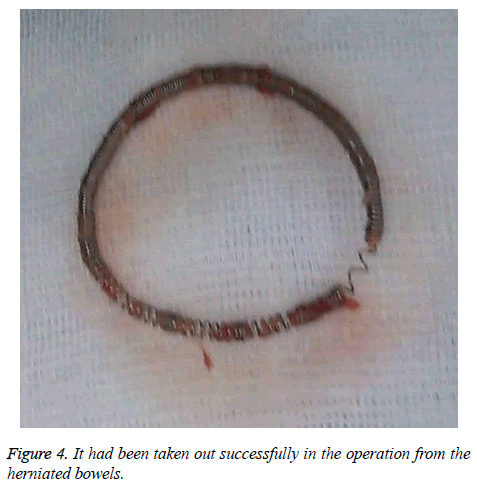Of course brushing it very well will help but if the gum is not healthy it likely needs to be surgically corrected. Taylor Dental can perform a thorough checkup and determine if you need a bone graft or another procedure before the surgery.
 Why Did My Dentist Recommend I Visit Every Four Months Absolute Dental
Why Did My Dentist Recommend I Visit Every Four Months Absolute Dental
Your gums become red and swollen and bleed easilysigns of unhealthy or inflamed gums called gingivitis.

Dental gum problems. As a result of the bacterial infection the ligaments and bone that support the teeth are damaged. Periodontal gum disease is an infection of the tissues that hold your teeth in place. Its typically caused by poor brushing and flossing habits that allow plaquea sticky.
Peri-implantitis is a type of gum disease that causes loss of the bone supporting the implant. Nearly all adults 96 aged 65 years or older have had a cavity. Whether youve had gum disease in the past or suspect you may be suffering from gum disease you must get evaluated by a dentist to ensure your jawbone is strong enough for dental implants.
Scaling and root planing for gum disease is an often performed dental procedure that involves cleaning deep down toward the tooth root and below the gum line to remove built-up plaque and tartar. The infection is primarily caused by bacteria in dental plaque building up and infecting the gum tissue. In periodontitis the gums pull away from the teeth and form spaces called pockets which slowly become infected.
Small symptoms include bleeding swelling and bad breath. Peri-implantitis is a form of gum disease. A high percentage of older adults have gum disease.
According to one 2017 review. It develops due to chronic inflammation at the site of the implant. What 10 Common Mouth Issues Really Look Like Cold Sores Fever Blisters Cavities Chipped Tooth Teeth Grinding Gingivitis Periodontitis Thrush Darkened Tooth Canker.
It occurs when bacteria builds up and affects gum tissue and bone around a dental implant. When gingivitis is not treated it can advance to gum disease called periodontitis. This also causes decay and could further lead to problems such as bad breath sensitive teeth and perpetual soreness.
These are the common symptoms of a gum problem around dental implants. A very common cause for gum diseases is excessive plaque formation and bacterial infection. Both gingivitis and periodontitis.
Gum disease is an inflammation of the gums that can lead to the deterioration of the tissues and bone that surround and support your teeth which can lead to bone destruction and tooth loss. If you dont treat it the infection can travel below your gum line and into your bone. About 2 in 3 68 adults aged 65 years or older have gum disease.
If you are experiencing redness receding gum line tenderness pain bleeding pockets inflammation around your implant there is likely a gum problem. It is a more extensive form of routine dental cleaning and often necessary when treating advanced cases of gum disease. Then it becomes a more serious form of gum disease called periodontitis.
At its worst peri-implantitis can cause your dental implant to become loose or fail completely. This infection can last a long time. 1 in 5 have untreated tooth decay.



/how-to-check-your-iud-strings-906659-5b6c697b46e0fb00503c257e.png)